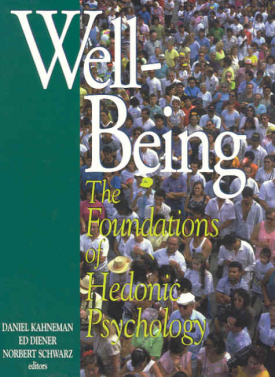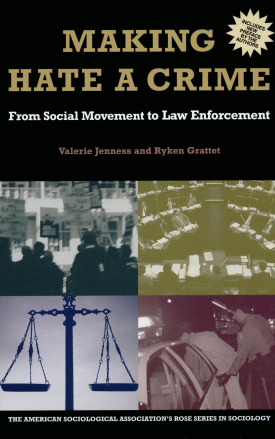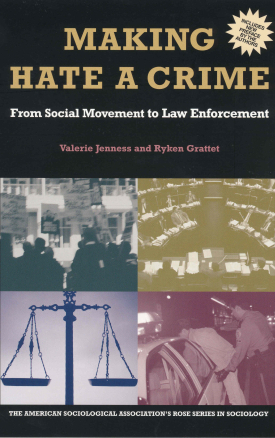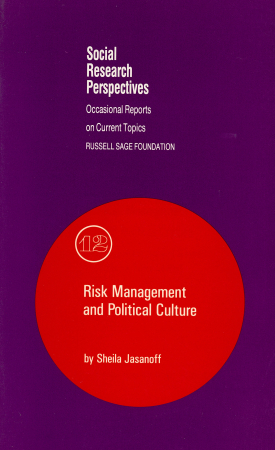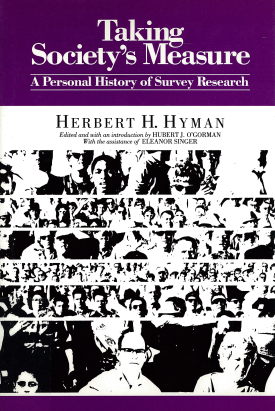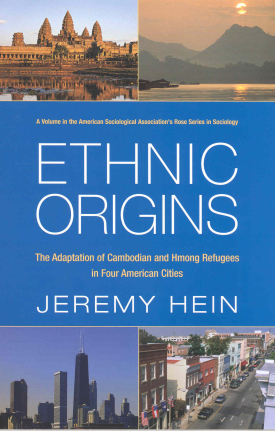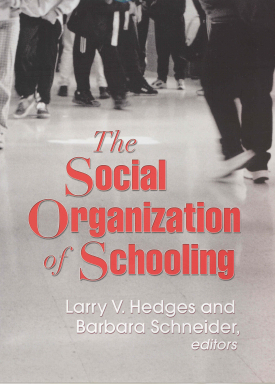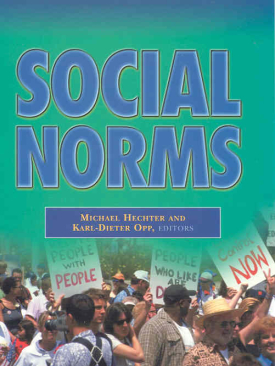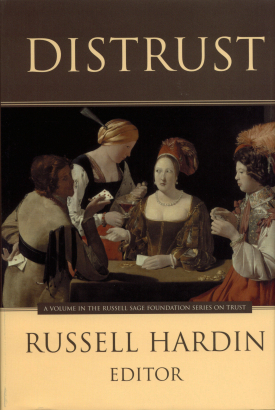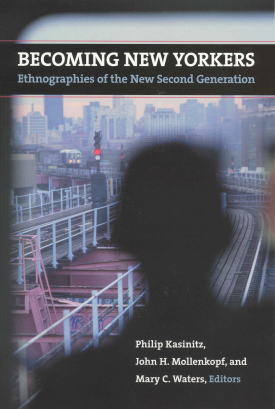
Becoming New Yorkers
About This Book
More than half of New Yorkers under the age of eighteen are the children of immigrants. This second generation shares with previous waves of immigrant youth the experience of attempting to reconcile their cultural heritage with American society. In Becoming New Yorkers, noted social scientists Philip Kasinitz, John Mollenkopf, and Mary Waters bring together in-depth ethnographies of some of New York’s largest immigrant populations to assess the experience of the new second generation and to explore the ways in which they are changing the fabric of American culture.
Becoming New Yorkers looks at the experience of specific immigrant groups, with regard to education, jobs, and community life. Exploring immigrant education, Nancy López shows how teachers’ low expectations of Dominican males often translate into lower graduation rates for boys than for girls. In the labor market, Dae Young Kim finds that Koreans, young and old alike, believe the second generation should use the opportunities provided by their parents’ small business success to pursue less arduous, more rewarding work than their parents. Analyzing civic life, Amy Forester profiles how the high-ranking members of a predominantly black labor union, who came of age fighting for civil rights in the 1960s, adjust to an increasingly large Caribbean membership that sees the leaders not as pioneers but as the old-guard establishment. In a revealing look at how the second-generation views itself, Sherry Ann Butterfield and Aviva Zeltzer-Zubida point out that black West Indian and Russian Jewish immigrants often must choose whether to identify themselves alongside those with similar skin color or to differentiate themselves from both native blacks and whites based on their unique heritage. Like many other groups studied here, these two groups experience race as a fluid, situational category that matters in some contexts but is irrelevant in others.
As immigrants move out of gateway cities and into the rest of the country, America will increasingly look like the multicultural society vividly described in Becoming New Yorkers. This insightful work paints a vibrant picture of the experience of second generation Americans as they adjust to American society and help to shape its future.
PHILIP KASINITZ is professor of sociology at the Graduate Center and Hunter College of the City University of New York.
JOHN H. MOLLENKOPF is distinguished professor of political science and sociology at the Graduate Center of the City University of New York.
MARY C. WATERS is Harvard College Professor and chair of the Department of Sociology at Harvard University.
CONTRIBUTORS: Sherri-Ann P. Butterfield, Amy Foerster, Philip Kasinitz, Dae Young Kim, Karen Chai Kim, Sara S. Lee, Nancy Lopez, Vivian Louie, Victoria Malkin, Nicole P. Marwell, John H. Mollenkopf, Alex Trillo, Natasha Warikoo, Mary C. Waters, and Aviva Zeltzer-Zubida

